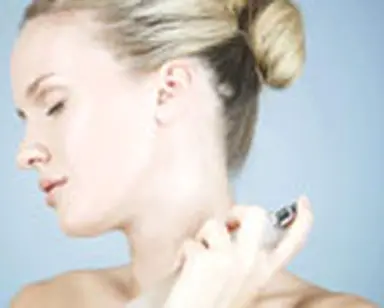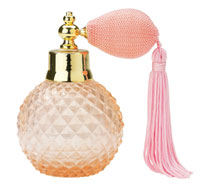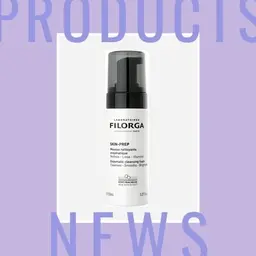
Mistrusting chemistry in cosmetics, an increasing number of women look at organic perfumes. Good news: they change, are more and more engineered, and they truly deserve the name of perfumes. By Ariane Le Fevbre.
"Safe" perfumes …
The sophisticated organic perfumes are on the rise. Phthalate-free, without nitrate-based or polycyclic musks, propylenglycol-free, without any other substances suspected to be harmful to health or to the environment (see box), they answer the suspicion of many consumers.
If using perfumes is pleasant (even essential for some!), the love for perfumes should come without any fear of using them. This is not that simple for neophytes, as the chemical substances concerned are not listed on the perfumes packaging. If one wants to avoid them, there is no alternative than to choose between organic perfumes.
What do classic perfumes contain?
• Synthetic notes, musks at the top of the list. There are four musks families: nitrate-, polycyclic-, macrocyclic- or linear musks. It can be said that no current perfume (except for organic perfumes) does without the specific, clear and comfortable scents of musks. Further, musks are very efficient in retaining the other notes. We may add that nitrate-based and polycyclic musks … |

 • Phthalates
: they are used to denature alcohol, to make it unusable for drinking or food use, and to make it different from the drinking alcohol, for tax purposes. They are known to be endocrine disruptors.
• Phthalates
: they are used to denature alcohol, to make it unusable for drinking or food use, and to make it different from the drinking alcohol, for tax purposes. They are known to be endocrine disruptors.












